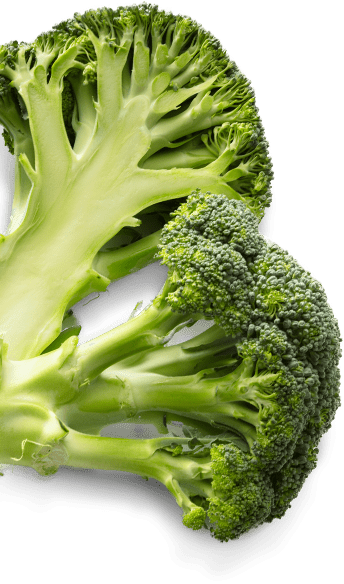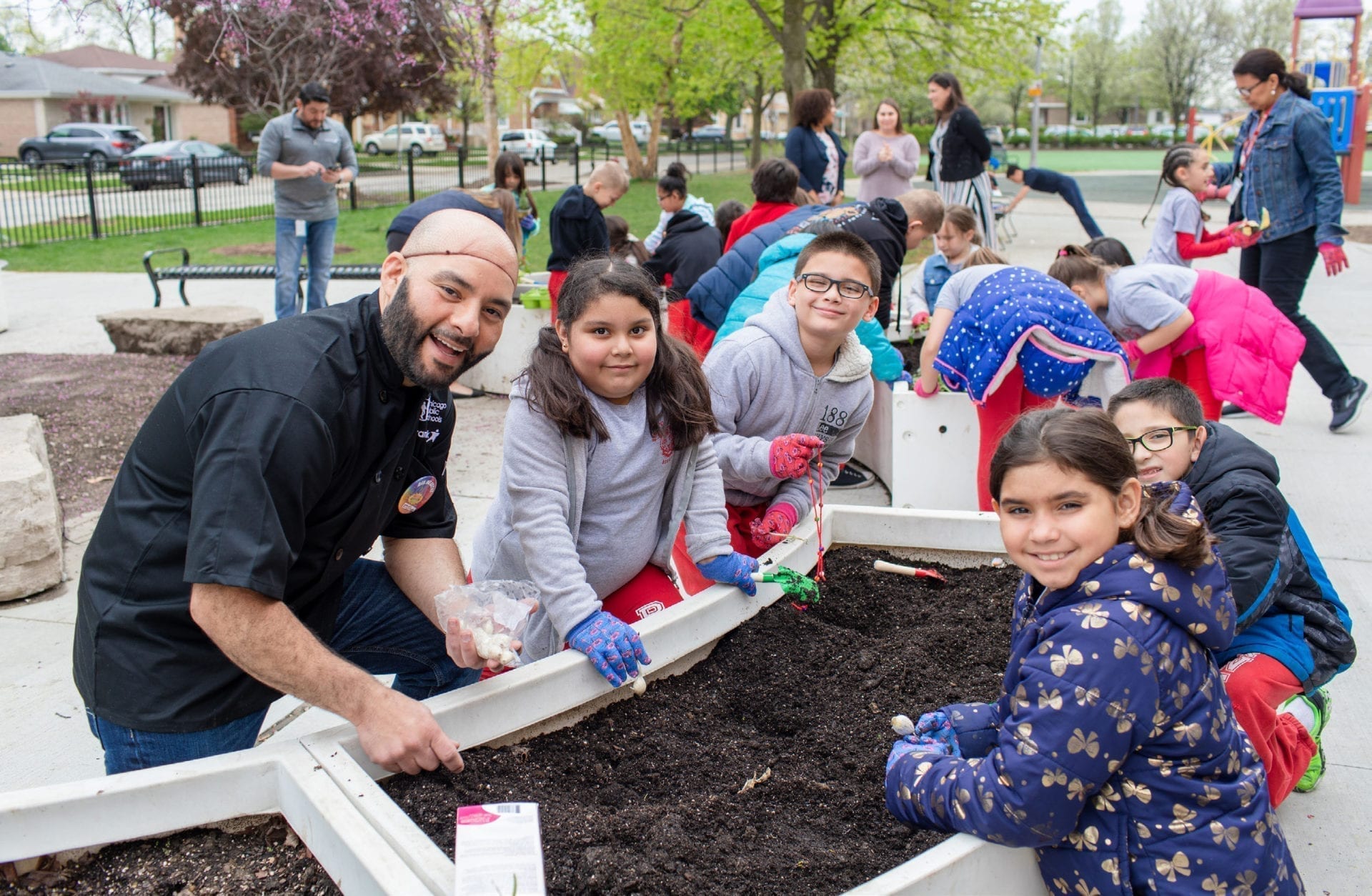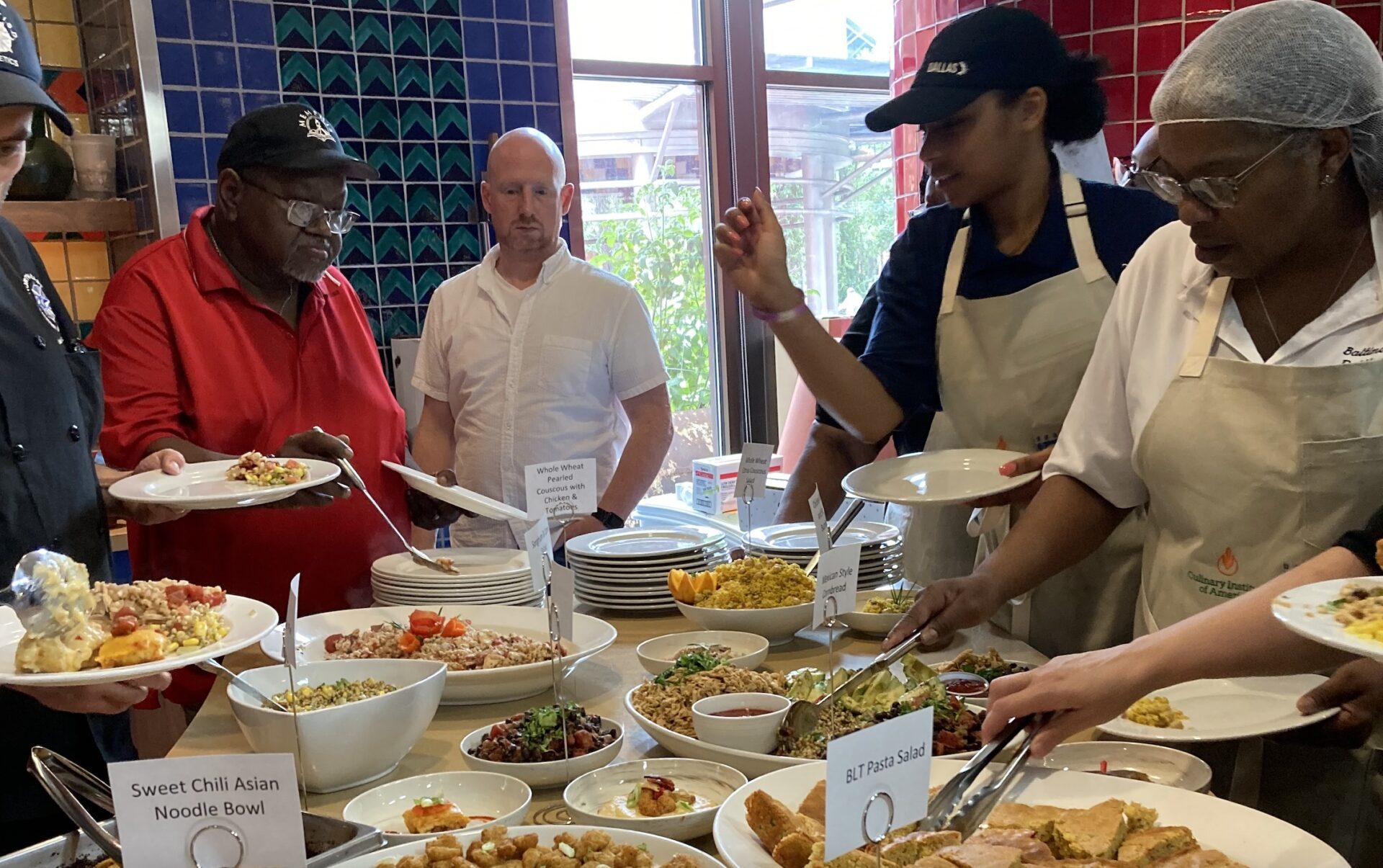Our Impact
USFA is Changing School Food Systems through best practice sharing, procurement, and advocacy. Click on each button below to further explore and learn more about how the Urban School Food Alliance is making a difference.

Strategic Procurement:
The Urban School Food Alliance proactively works on crafting bids and policies that focus on elevating school meals for the health and wellness of students. Quality food, environmentally friendly supplies, forecasting demand for local sourcing, and lowering overall costs are the core mission for the Alliance when it comes to procurement.

Best Practices:
One of the Alliance’s core values is to share best practices not only among Alliance members, but with districts throughout the country as well. Through sharing with fellow members during monthly calls and at bi-annual meetings and with the greater school nutrition community at the many prestigious conferences Alliance members are invited to speak at, all can benefit from the groundbreaking efforts of Alliance districts. To view some of the recent best practice presentations, head over to our Resource Center.



USFA in Action!
Take a look at various meetings and events hosted by USFA as well as ongoing projects such as the Chicken Pilot!
Advocacy:
USFA is a leading voice in the child nutrition industry, advocating for school meals to ensure that all of America’s students have access to high-quality, nutritious food at no cost. USFA strategically partners with like-minded organizations to advance its mission and promote research-based nutrition policy.


Join the Conversation
The latest news and headlines from Urban School Food Alliance
Urban School Food Alliance Expands with Montgomery County Public Schools, Strengthening Nationwide Push for Healthier School Meals
Jun 10, 2025
"mcps dedication to serving nutritious, appealing meals in an inclusive setting resonates deeply with our goals."...
School Business Now: Breaking the Mold in School Food Procurement
Jun 9, 2025
Stakeholders across the school nutrition landscape struggle with today’s food procurement practices because of...
Urban School Food Alliance Transforms School Meals at Third-Annual Cooking for Healthy Kids Training
May 22, 2025
School Nutrition Professionals Gain Culinary Expertise to Elevate Student Dining Nationwide Washington D.C. – May...
Urban School Food Alliance Completes Pioneering NAE Chicken Pilot, Enhancing School Nutrition Nationwide
May 14, 2025
Final digital recap available, showcasing the delivery of 955,550 pounds of No Antibiotic Ever chicken to...